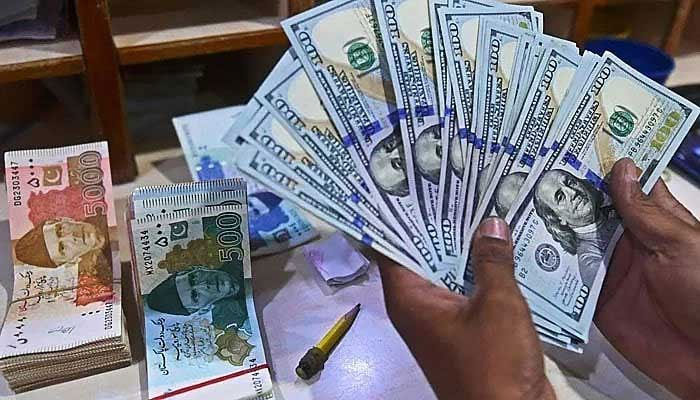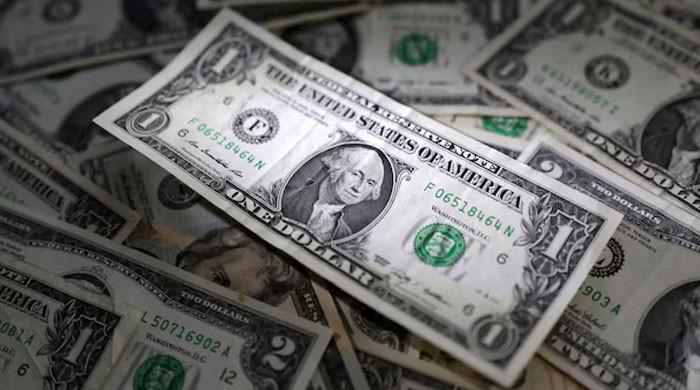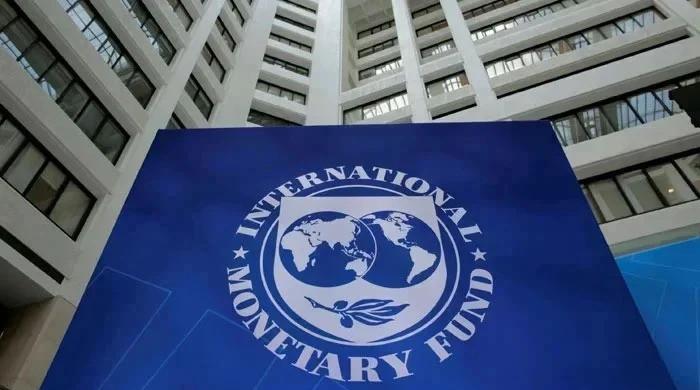Rupee's future hinges on dollar demand-supply, economic news: analysts
“We anticipate that dollar inflows and outflows will stay balanced,” says trader
July 21, 2024

- Rupee expected to trade rangebound in coming week.
- Local currency closed at 278.12 against dollar on Friday.
- Traders anticipate inflows, outflows to remain balanced.
KARACHI: The Pakistani rupee is expected to trade range-bound against the US dollar next week, according to analysts and traders. The forecast hinges on the balance between dollar supply and demand in the market, along with upcoming economic news.
As anticipated, the rupee appreciated slightly during the short week due to optimism surrounding Pakistan’s agreement with the International Monetary Fund (IMF) for a new $7 billion loan programme.
The rupee finished at 278.11 per dollar on Monday in the interbank market. It closed at 278.12 on Friday. The markets were closed on Tuesday and Wednesday for 9th and 10th Muharram (Ashura).
“We anticipate that dollar inflows and outflows will stay balanced and that positive developments in the economy will improve investor sentiment,” a foreign exchange trader said.
“We expect the rupee to remain relatively stable next week,” the trader added.
Pakistan’s current account deficit fell to a 13-year low in the last fiscal year due to a decline in the trade deficit and an increase in remittances.
The country recorded a current account deficit of $681 million in FY24, the lowest since FY11, marking a 79% reduction from the previous year’s $3.3 billion shortfall.
The central bank’s foreign exchange reserves increased by $19 million to $9.424 billion as of July 12.
According to a Tresmark note that cited analyst views on how the IMF agreement might affect Pakistan’s economy, the IMF deal is expected to unlock further funding from other international financial institutions and bilateral partners, which is essential for Pakistan to meet its external obligations.
The agreement is projected to help stabilise the Pakistani rupee and bolster foreign exchange reserves, providing a much-needed cushion against economic shocks, it added. There are doubts about Pakistan’s ability to adhere to the stringent conditions imposed by the IMF, based on some factors.
“The political landscape and social challenges in Pakistan add layers of complexity to the successful implementation of the IMF conditions,” it said.
"Moody's points out that Pakistan has historically struggled with implementing the structural reforms required by IMF programmes, which casts doubt on the current deal’s effectiveness,” it added.
Finance Minister Muhammad Aurangzeb has emphasised the government’s ongoing efforts to secure external financing avenues, which will be sought through diversified funding sources and construing robust economic reforms.
Originally published in The News











